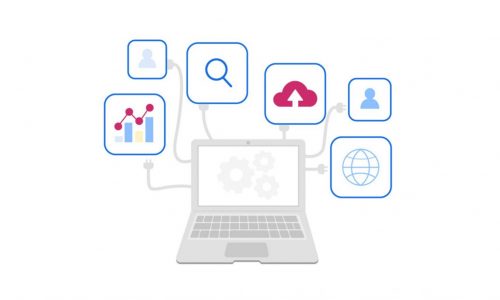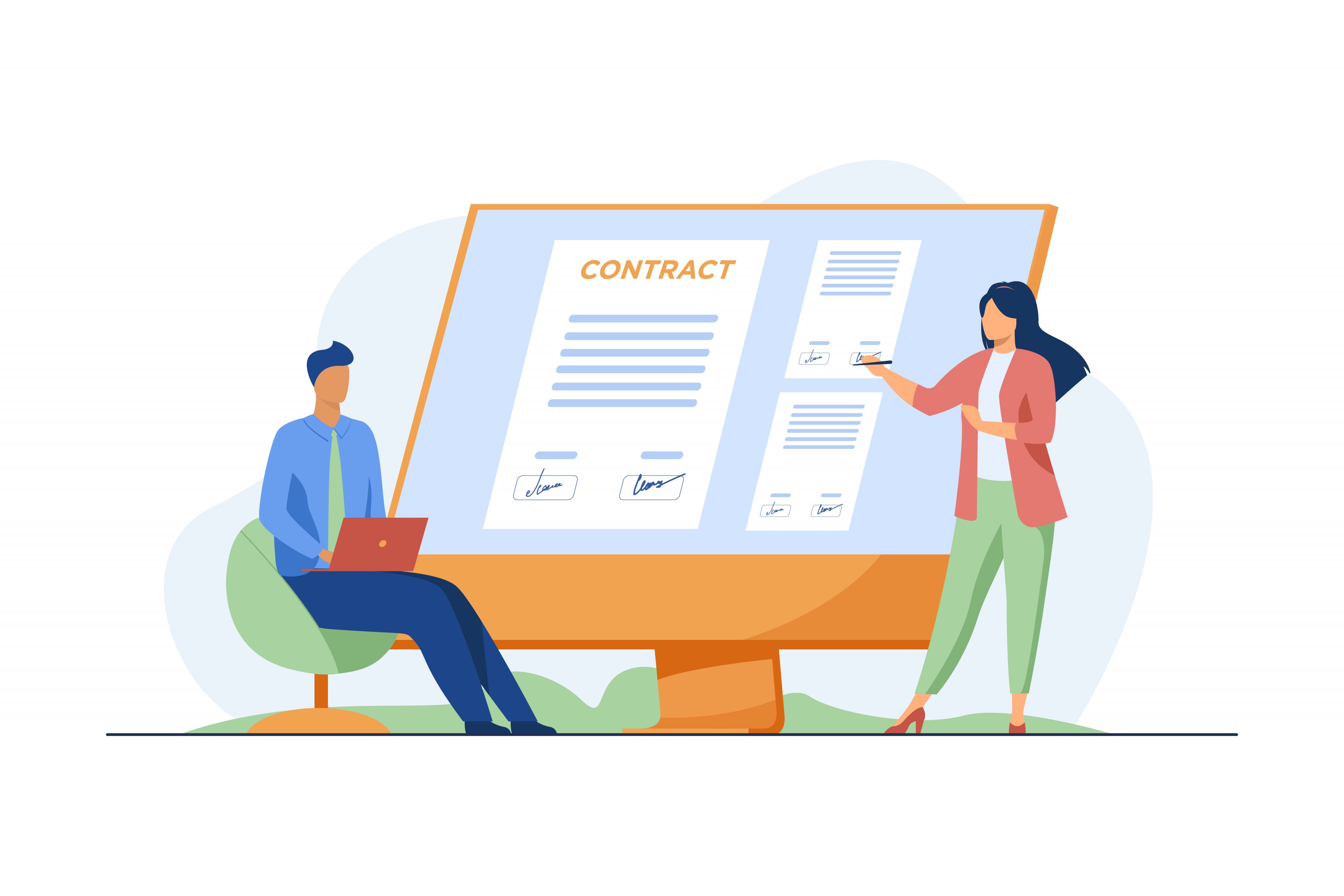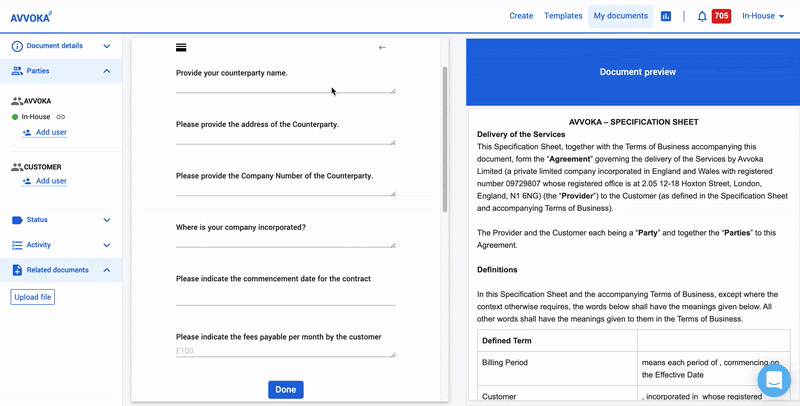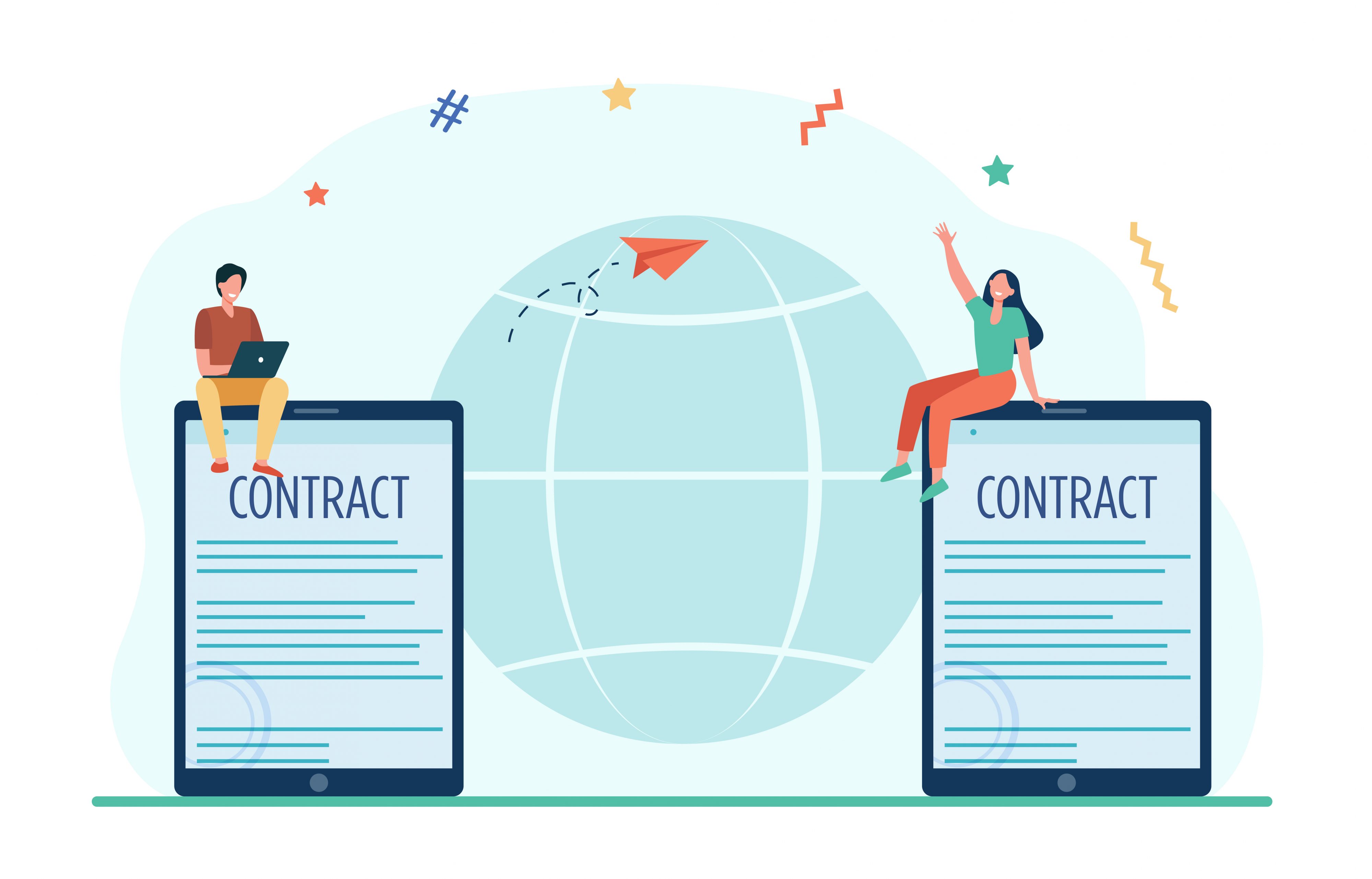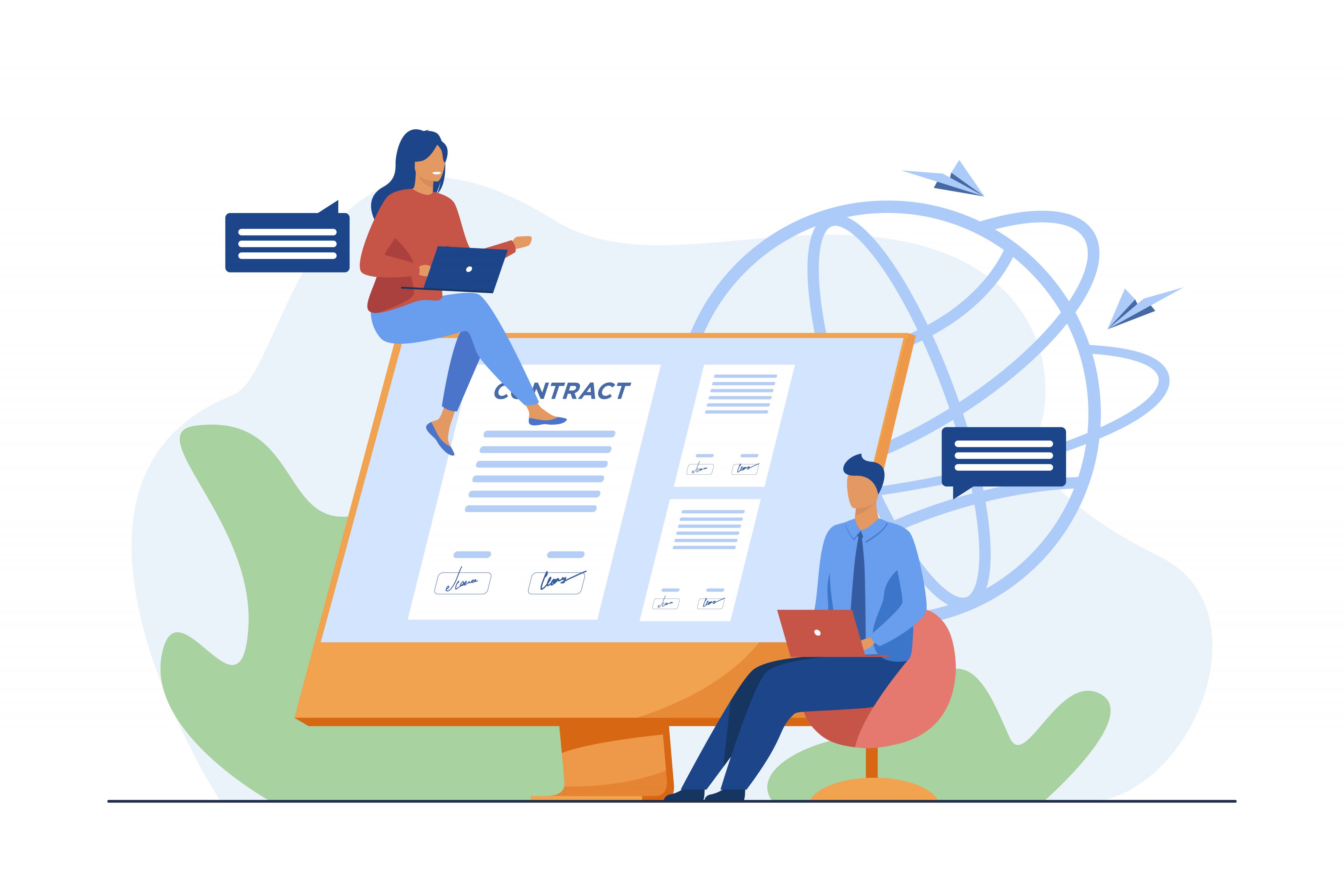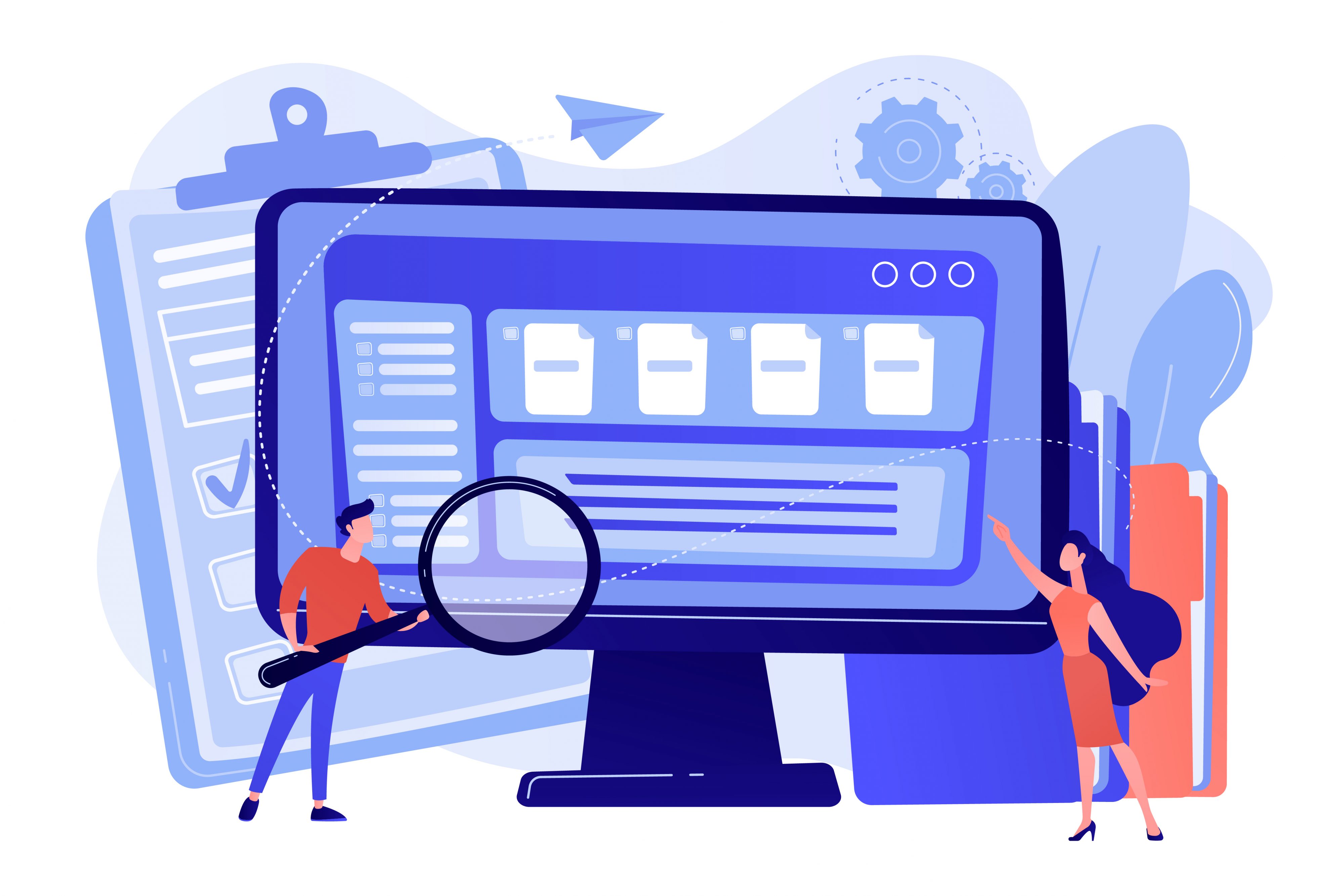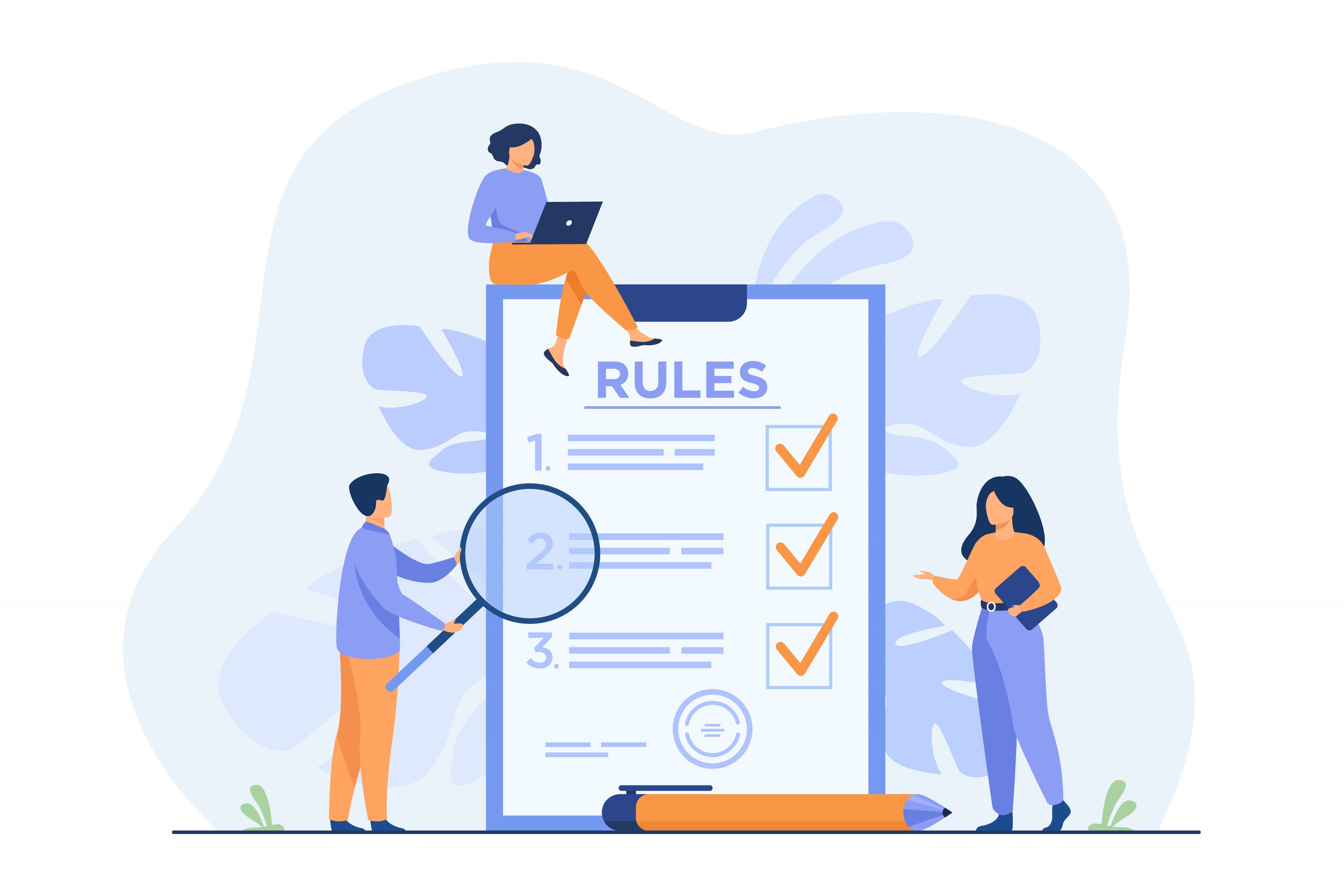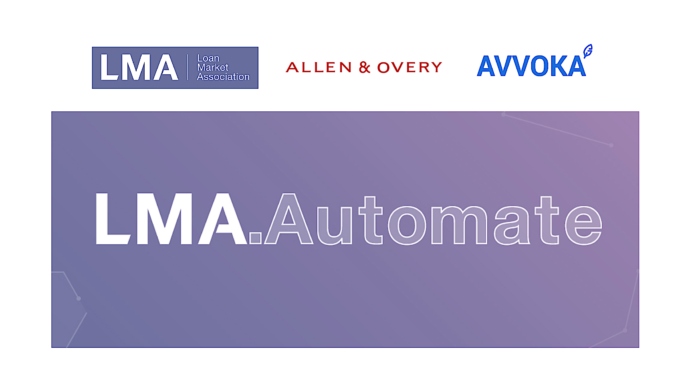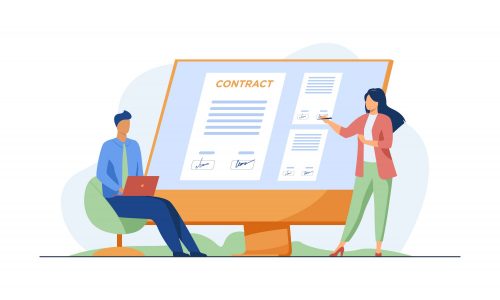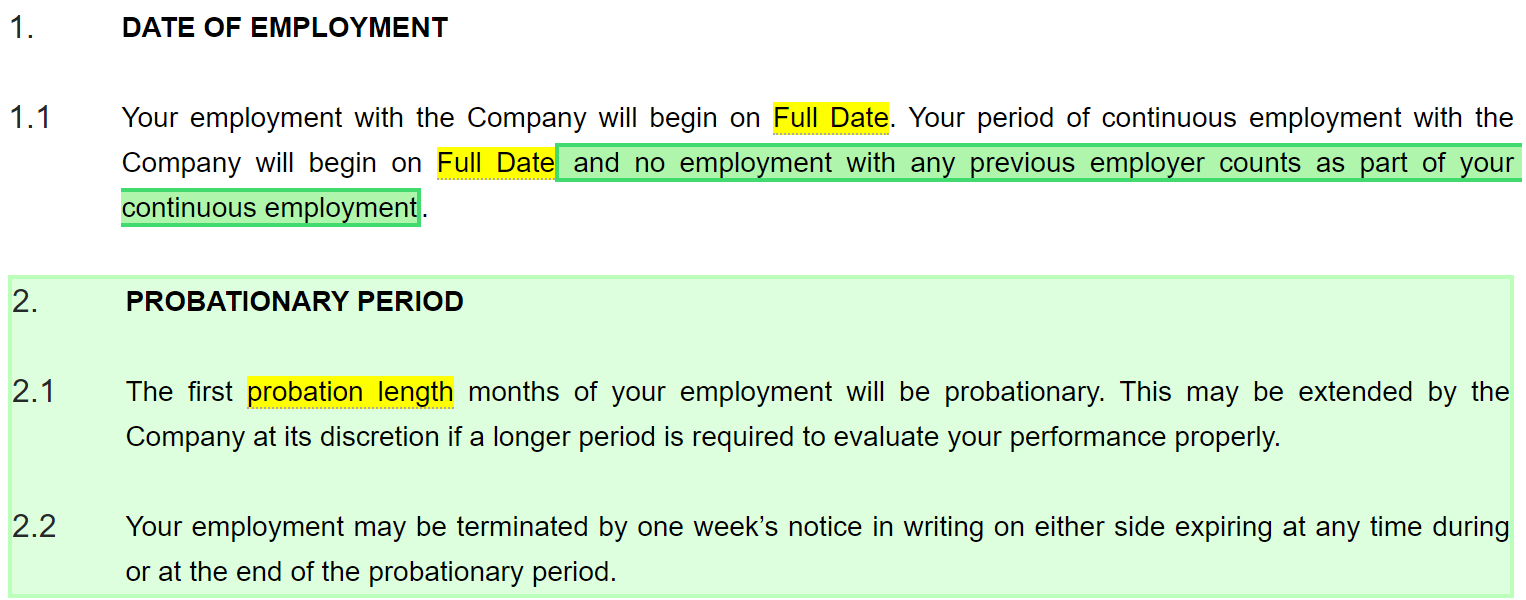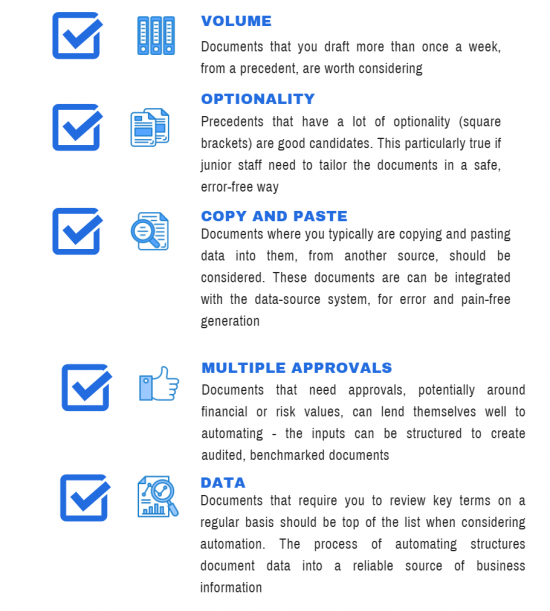How can a document automation API turbocharge your legal practice?
(3 minute read)
APIs aka “Application Programming Interfaces”, are an essential part of modern software development and are highly used in the document automation space. In this article, we’ll strive to explain how an API can be leveraged to streamline your document automation and boost your efficiency.
In this blog we will discuss:
- What is an API?
- How can APIs help with document generation?
- Avvoka Use Case: API forms
- Join Avvoka’s API Academy to learn more
What is an API?
API stands for “Application Programming Interface”, which is a set of definitions and protocols for building and integrating application software. In short, an API can help your software interact and push or pull information to or from other databases or software.
To make the concept more familiar, you can think of an API using the well-known waiter analogy. Imagine you are dining in a restaurant – you wouldn’t want to go directly into the kitchen to place the order yourself, would you? Instead, you would need the help of a waiter.
The waiter (the API) acts as your intermediary between the diner (the user) and the kitchen (the web server). You tell the waiter your order (API call), and the waiter requests it from the kitchen. When your kitchen’s ready, the waiter will provide you with your order.
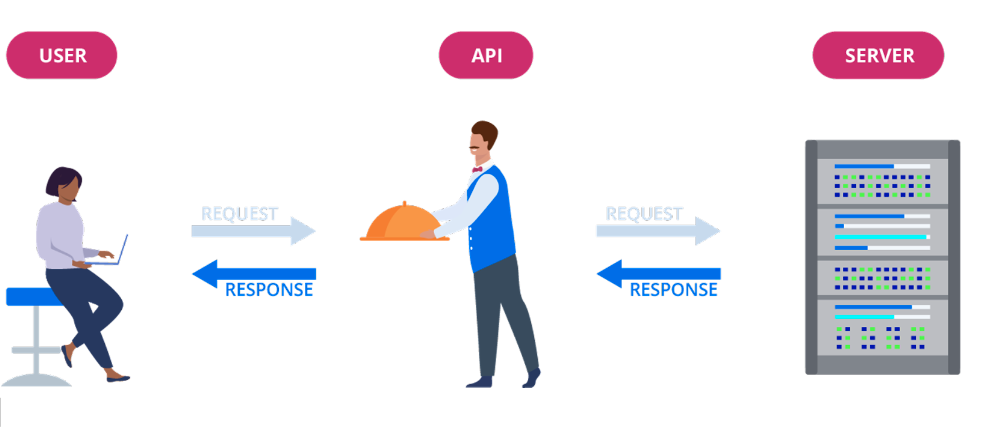
How can APIs help with contract generation?
Now that we are familiar with what an API is and what it does – how are they relevant to contracts? In short, APIs are very relevant to contracts, as their use can supercharge their accuracy, speed of creation and analysis of their terms.
- Drive document creation
First, APIs can help speed up the document creation process. With a single API call, you can generate a document from an underlying template. Moreover, using a mix of APIs and webhooks, you can select the exact time when a document needs to be created. For example, a new customer entry in your CRM tool can automatically trigger the creation of a corresponding contract for them.
In Avvoka, you can drive the creation, negotiation, e-signature, and analysis of your documents from another application. Once the document has been completed on the Avvoka platform, the document can be extracted and sent back to your team.

- Leverage your existing database
First, the use of API can help speed up the document creation process. With a single API call, you can generate a document from an underlying template. Moreover, using a mix of API and webhooks, you can select the exact time when a document needs to be created. For example, a new customer entry in your CRM tool can automatically trigger the creation of a corresponding contract for them.
In Avvoka, clients can continue interacting with their existing internal systems, with the data sent directly to the Avvoka platform, avoiding rekeying, retraining and errors. Document recipients can then interact with a whitelabelled version of Avvoka to fill out any information they need to complete the document, with their accounts being automatically configured.

- Beyond automation
Lastly, an API can be used beyond document automation, to extract commercial data from completed or in-progress documents. Sharing data can be a two way-street with APIs – you can also leverage the commercial data you gain after each document creation. Further, you can use the API to send your documents directly to your preferred CLM tool.
With Avvoka, you can send this data directly into your existing business-as-usual reporting tools. Moreover, you can update internal document storage tools (like SharePoint) with the finalised document and any associated metadata, aiding search and retrieval.
If you want to hear more about Avvoka’s API capabilities, you can take a look at our public API documentation which can be found here.

Avvoka Use Case: API forms
One of our successful use cases powered by APIs is creating self-service portals for our clients through forms. Using API forms, we can facilitate making available the Avvoka questionnaire directly into a client’s website.
Without accessing the Avvoka platform via its typical UI, users can generate a new document by completing the questionnaire from an external webpage. This form can be easily located on a client’s website, without the user having to create an Avvoka account. Moreover, it is also possible to customise the forms in the client’s colours and logo.
The core benefit of using an API form is facilitating an easy user experience, without losing any of Avvoka’s core functionality. The Questionnaire is still customisable, allowing the user experience to be signposted using images, hints, links and explanatory texts. Different input methods can also be chosen, such as dropdowns, predetermined lists, dates, currencies and more. Moreover, the client still benefits from features such as workflows, for example, if a questionnaire response triggers an email reminder or internal approval. You can even use a related document function to create more than one agreement depending on the answers provided in the questionnaire.
For example, our clients have leveraged Avvoka’s API forms capabilities to:
- Create a contract e-shop, where their clients would buy contacts and generate documents.
- Create a self-service portal, where their employees can create documents by simply answering the form embedded on their website.
- Supplier questionnaires: Improve your procurement process with your suppliers making it easier for them and for you.
- HR: candidate screening questions or information needed to provide an offer letter and/or an employment agreement.
- Automate procedural forms that businesses enter into regularly:
- KYC documentation, information security and vendor due diligence forms;
- New account opening forms;
- Multi-jurisdictional questionnaires (for gathering local counsel advice on large-scale matters).

Join Avvoka’s API Academy to learn more
Are you interested to know more about how APIs work, and how they can be applied to streamline your document automation?
Avvoka is hosting an API Academy, built for professionals in Law, Tech, Sales, HR and anyone interested in learning how using document automation APIs work and how they can be leveraged. During the Academy, we’ll walk you through how APIs work, explain the key concepts and outline the benefits of using APIs in document generation. Moreover, the Academy also has a practical session, where you can learn how to send your first API call.
Interested to learn more? Then don’t miss the chance to join Avvoka’s API Academy here.

Read more from Avvoka:
- The case for document automation – the next step in a law firm’s progression
- Could outdated technology be costing your firm?
- Discover the Benefits of Standardisation in the Legal Sector
- 7 tips on how to prepare your documents to be “automation-ready”
- How can Banking & Finance teams leverage document automation to their advantage?
Andrada Constantinescu
